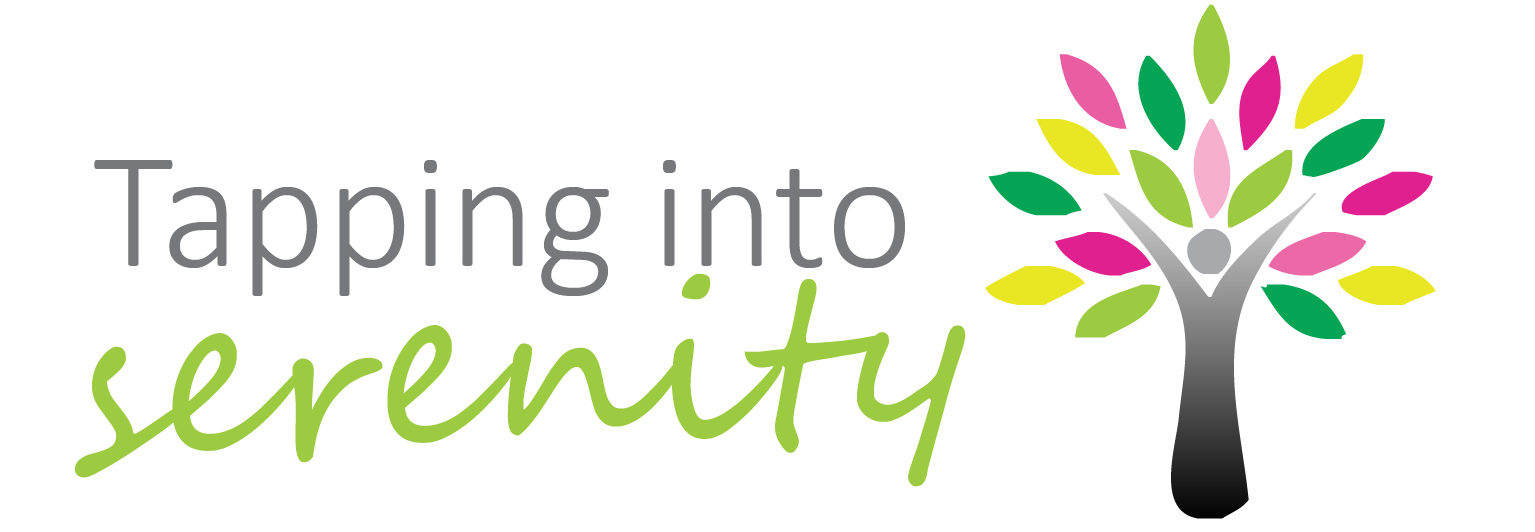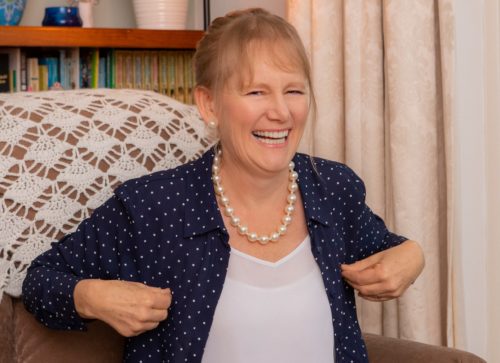Grant-writing pressure this year comes on top of many COVID impacts. You probably just want to relax after a strenuous year! So should you be writing grants at all, and if so, how can you make it less stressful?
Grant-writing and COVID
This year most academics trying to write applications to win research funding are going to feel even more exhausted than usual, after all the impacts of COVID-19 on work and home-life. Maybe you’re worn out from putting teaching online, trying to continue your research as your data sources disappeared or you were learning how to run online tutes. Or like many, you’re totally Zoomed-Out from non-stop meetings, and you just have no more energy! Not to mention how to word the COVID impacts on any grant applications; and if you have caring responsibilities, how to explain that #workingfromhome was definitely not an opportunity to get more academic papers pumped out! These Conversation articles have more about how COVID unequally impacted Female Academics and how COVID widened the academic gender divide
If you’re lucky, you’ll have an experienced Grant Developer to help you from initial development, through to shaping up, and to interpret those guidelines for you into what you really need to know and act upon, and what you can leave to your research office. And/or maybe you have access to a senior academic who’s been on those assessment panels and can advise you of all the tips and tricks that you’ll never find written down anywhere. But these still may not allow you to feel relaxed about the whole caboodle that is “grant-writing-season”. Or help you understand everything that’s Not The Application itself. By which I mean, where this application fits in your overall track record, and your life!
The grant-life juggle
I’ve never resonated with the term “work-life balance”, unless it’s an end goal we’re aiming for. For me and others I know, there’s nothing about “balance” in what we experience, we feel more like one of those circus jugglers keeping all the plates revolving on the long sticks! And especially so if you have children and/or ageing parents.
When it comes to juggling grant-writing and life/family, I still remember sitting at the computer one Sunday afternoon about 6 years ago, working on my second Future Fellowship application for the Australian Research Council. My kids ran in excitedly: “Mum, are you coming to the cinema with us? We’re going to see Life of Pi“. I answered with a torn heart: “I’m so sorry, I really have to finish this application. It might help me have a job for the next 3 years“. That was during a period of 10 years when I was a contract researcher. As time went on, the “soft-money” got less and less. So, like many in academia these days still, a key hope to get a bit longer security of employment was to win a coveted fellowship!
Where is my energy best spent?
But was that really the best use of my time and energy? Were people thinking of ME when they advised me to “go for it”? In retrospect, applying what I now know after 4 years as the Grant Developer for a whole Division (one quarter) of an Australian university – a division with a larger percentage of female academics than male – I think I would have advised myself that I probably wasn’t really up there as the top person in the whole nation in my field – one of the main criteria for succcess. I probably wasn’t even #2. So I would have been better directing my time and effort at writing more papers, especially as lead-author, and trying to win more smaller grants. Maybe I really needed someone to help me put it in perspective and help me consider the alternatives.
But you know, when your promotion prospects are on the line, or you really need another contract, it’s easy to get persuaded when someone says “Well, have a go, what have you got to lose. If nothing else, you’ll get valuable experience in grant-writing for a top scheme“. And yes you do to an extent. But as a Grant Developer I saw how much stress, tension, worry and exhaustion often goes into grant-writing for “the big schemes”, especially for women with kids or other caring responsibilities. If you stop to think about it, you may actually have a lot to lose.
There are better ways to learn grant-writing than writing a complex application for a big scheme that you have little real chance of success in at this point in time. All that effort when you never quite know if you’re hitting the mark, never quite know if people are really telling you the truth about your abilities, and of course – missing out on family experiences. Attend some grant-writing webinars or workshops instead!
Seven tips to help you
So I’m sharing some tips I’ve picked up over the years. In fact, in that Grant Developer role part of my remit was to squirrel away any and all useful grant-writing tips and share them with “my” academics. That was on top of all the expertise I’d gained already in working my way over 10 years up to a senior research fellow position. So here is advice for you that I regularly gave to (mostly female) academics, from ECRs still just getting over their PhD, through to top professors. These tips may help you be more economical and more targeted with your precious time and energy:
1. IS IT NECESSARY?
Before you get too far, ask yourself (or ask a sympathetic colleague) if you really do have the track record to have a good chance of success in this particular scheme. Or are there better uses of your time – such as finishing off another paper or two that would really show your expertise in the area of this project. Or maybe the success rates are higher in a smaller/less prestigious scheme, that would make your efforts more worthwhile.
2. IS IT NECESSARY… THIS YEAR?
Consider whether you are really ready to apply this year. It’s not uncommon for senior academics or others living higher up in the ivory tower or centrally to put pressure on you because they just want to be able to say that the institution or department has X number of Y type applications submitted this year. They may not be considering how much of your time and energy has to go into getting even a basic grant application together, let alone a good one with all the ducks lined up to give you a high chance of success (For thoughts on how to know when you’re more ready, see point 3).
On more than one occasion I felt I had to give a female academic permission to let themselves NOT apply for a grant this year, to follow their instinct and say NO! With their tension building, they knew something had to give, and sometimes making the decision NOT to do something right now is the better decision for your career, your family, and your own mental wellbeing. But if you’re a Yes-Person – and a lot of female academics are – then that can be a hard decision to make on your own (not being able to say no is usually a learned habit of a lifetime… but it’s another thing I help women clear in private sessions).
3. DO I NEED MORE ADVICE?
I always remember when a PhD student asked about submitting an application to one of the top national schemes (the Australian Research Council’s Discovery Projects) next year. They had been so influenced by all the talk of how prestigious this scheme is that they thought they should apply as soon as they could. No-one had explained to them that someone just out of a PhD with no other academic experience would have no chance, and they needed to build a significant track record of other funding success and publications before anyone would trust them with several hundred thousand dollars!
So, find out as much as you can for your field about how to “scaffold” your track record. For example, starting with small achievements such as small grants, leading the authoring of a paper or two in a good journal, presenting nationally… working your way up to eventually winning large amounts of grant funding, leading more papers every year, and being paid keynote speaker at top international conferences.
I recommend you ask more than the people inside your area about how you’re tracking – they may well have vested interests in what you do, rather than truthfully telling you where you’re really at and what to do to get to the next level. You can find yourself informal mentors – ie ask everyone you come across for their tips about grant success, and/or sign up for your institution’s formal scheme. This advice about Mentors on the UNSW website may be helpful to read. And at the end of the day, you’ll have to do what you probably did for your PhD – take all the advice (especially if there’s some that seems conflicting), sift through it, and make your own decision about what’s best for you.
4. DO I REALLY KNOW WHAT THE FUNDER WANTS?
Once you’ve decided now is a good time to shape up an application, find out what the funder actually wants to read. Apart from the favourite mantra of ResearchWhisper’s Jonathan O’Donnell and myself – “Read The Guidelines!” – which I threatened to have tattoed on my forehead, and Jonathan actually had made into a T-shirt (!) – it’s useful to try to think how a reviewer will see your application – have you even reflected in your writing that you do know what they’re looking for?
Another way to find out how to write is to get hold of a previously successful application – most female academics will generously share with others to assist you with capacity building and career development. This useful read by an ECR shows what the funding body assessors may be thinking – getting yourself inside their heads is helpful! Better still, look out for an opportunity to get on the review panel of a small grant scheme. You don’t need to do it for years, and one panel will do. It just gives you valuable insights.
5. HAVE I LEFT IT TOO LATE?
One part of my Grant Development work was to try to nicely tell academics they’d left it too close to the grant deadline to write a decent grant application! Yes, there are a few people who are so experienced they can pull it all together in a short timeframe. But why put that pressure on yourself? It’s not just about writing it, it’s also about your initial thinking to develop the whole research project concept before you even get anywhere near an actual application. Then there’s the tidying up, making it look like you did actually bother, not annoying the reviewers with a sloppy application (if you can even get a sloppy application past your research office!).
And remember, there is usually “always next year”, by which time you can plan ahead and schedule the time to develop really well and write, so you’re more likely to cruise in with time to spare. That way you might even enjoy it!
6. AM I THINKING CLEARLY?
When the pressure is on, and you’re at the end of a particularly stressful year, your thinking brain may be trying to take a holiday already because your fight/flight response is working overtime. This is a state that many of my client group – academic and professional women – come to me in (so if you’re in chronic stress, do get in touch!). They try to use better time management and logic to get through their significant workloads, but find they just feel so tense and stressed at the end of each day and struggle to see their priorities for tomorrow. To help them understand why they feel this way, I usually explain that when you are stressed you go into threat-response. In that state, you don’t need your thinking brain, you just need to react! So, I guide them with the proven stress-relief method of EFT Tapping that calms down their body and mind. As they do this, their thinking brain is naturally able to come back on track.
And if you’ve worked with me on stress-release, then you can try to remember to do a little EFT Tapping for just 5mins to reset yourself and clear out some of the stress-hormones that you have circulating. Or watch out for my new fortnightly online hour “Nurture Nest For Female Academics” that I’ll be trialling during early 2021 to help you regularly de-stress body and mind without needing any willpower!
7. AM I DRIVING MYSELF TO BURNOUT?
These last two points are about pausing to reflect what’s actually going on with YOU. Many women in academia (and probably men, but women are more likely to put themselves last), are so focused on doing the work that they forget how important their own wellbeing is. Many skip lunch when they’re busy and undermine their energy for the day, then go home ratty or exhausted. They may also have such a lot on their mind that they’re not sleeping well because they can’t stop ruminating on what’s been happening, or they’re struggling to find clarity on their to-do list.
All this means your body is most likely running on adrenaline for most of the day and night – when it should only be doing this for a few minutes when you’re faced with a major threat to survival. It’s easy to say – and you know you should be doing it to avoid burnout, you know continuing while exhausted is a false saving – but just making sure you walk away from your work and take 30mins to recuperate around lunchtime will bring you back feeling more productive for the afternoon. Maybe if you can’t drag yourself away completely, go for a walk while you digest and reflect what you just wrote or read. And BREATHE deeply as you do that. And if you’re not sure you’re experiencing burnout, or if you’re heading in that direction, have a look at my Burnout Checklist.
Finally…
Sometimes the pressure to win research funding is the last straw, on top of everything else you have to do day-to-day as an academic. Grant-writing can feel like a sort of luxury add-on for those who have the time and energy. So, take some time to breathe and reflect: close your eyes and tune into, and ask yourself “What do I need to learn about myself today”. And listen calmly to hear what comes up. You might just get a helpful answer that clarifies where to focus next.
Dr Lareen Newman PhD helps Academic and Professional Women with Work-Stress and Life-Stress. She works online with women around the world and locally at her private studio in Adelaide, Australia. Lareen left the university world to expand her business passion of seeing increasingly more women transformed through reducing and clearing their emotional stress and subconscious blocks to feeling calmer and happier in work and life. You can check out some of Lareen’s many clients’ testimonials here – written by thankful women just like you.




